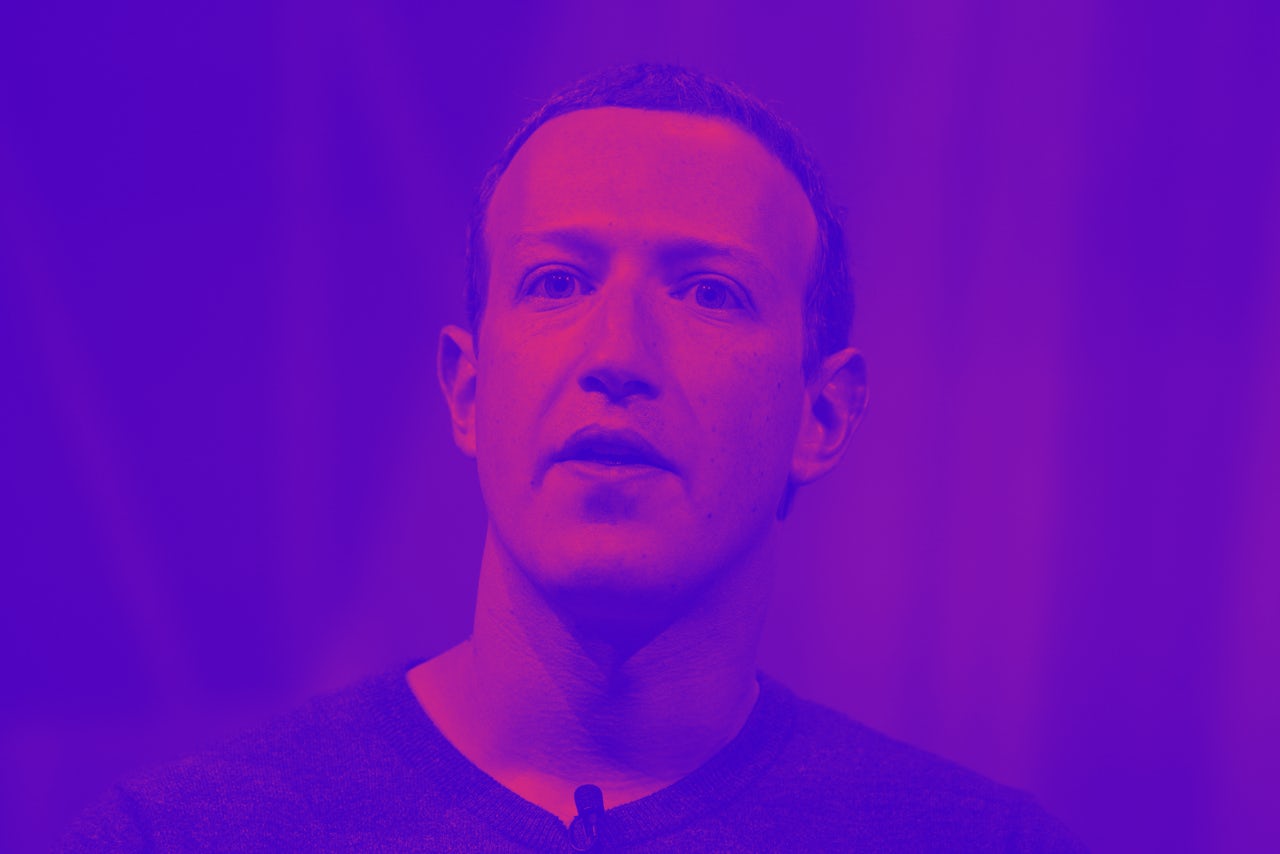For all their financial “achievements,” many Silicon Valley types remain nothing if not idealists, staunch defenders of how their notions about the relationship between people and their technology will change the world. But as far as that idealism goes, many wildly successful tech bros are (finally) withdrawing that idealism and optimism from Facebook.
Earlier this week, both founders of Instagram who stayed on at Facebook following its $1 billion acquisition of the company suddenly quit. Their departure statement issued Monday night was measured, but several pieces published in the days following revealed that tension had been building between Kevin Systrom, Mike Krieger, and Mark Zuckerberg during the last couple of years over an apparent product development roadmap that would slowly absorb Instagram into Facebook.
There were a few indicators: Instagram photos are no longer labeled separately when cross-posted to Facebook, so they look as if they were posted directly; almost all of the recent push within the Instagram app to get users to follow their Facebook friends with various red badge alerts that changed location every couple of days (top left corner, top right corner, right in the alerts tab as a separate alert, and on and on) appears to have been against the interests of the Facebook founders; Facebook was also competitive over Instagram’s TV feature rolled out earlier this summer, which it felt threatened its own Facebook Watch programming, and reportedly jealous of Instagram’s relatively young, affluent, influential audience that skews toward leisure pursuits rather than the rat’s nest of news and attendant internet conspiracy theories that never stop flowing on Facebook’s News Feed. Without Systrom and Krieger to stand in the way, it seems reasonable to expect that Instagram will only become more a part of Facebook in the near future.
WhatsApp’s founders have also aligned against Facebook, which acquired the app in 2014 for $16 billion (yes, WhatsApp is Facebook, and Instagram is also Facebook). At the time, WhatsApp founder Jan Koum swore, in no uncertain terms, that WhatsApp would never change (“We built WhatsApp around the goal of knowing as little about you as possible… If partnering with Facebook meant that we had to change our values, we wouldn’t have done it.”) That promise lasted for two years. Jan Koum, one of the WhatsApp founders, tersely tweeted the “#deletefacebook” hashtag back in March as Facebook’s Cambridge Analytica voter influence scandal was breaking, and has remained silent since. Brian Acton, the other co-founder, told Forbes in an interview published today, “‘At the end of the day, I sold my company,’ Acton says. ‘I sold my users’ privacy to a larger benefit. I made a choice and a compromise. And I live with that every day.’”
The scions of industry who are stepping out against Facebook have, conveniently, already squared away their money from the business dealings; cliffs have been reached, stocks have vested. That Instagram and WhatsApp would ever avoid the data-sucking tentacles of Facebook seemed like delirious optimism even at the time, even to outsiders, so it’s hard to believe that the founders believed it then. Their verbal regret is empty when it’s their actions that got us here; I welcome them to donate any or all of the profits they derived from their exits to activists who are trying to stem the influence of Facebook.
Since Facebook embarked on its months-long image-rehabilitation tour immediately following the election it gave foreign influences all the tools they needed to steal it, it has shot itself in the foot again and again not only undoing that lukewarm effort, but showing it can't even protect its successful products’ strengths, if it gets in the way of Facebook hoovering up the personal information of every person and account within reach in order to advertise to their deepest unspoken desires. Has anyone learned their Facebook lesson yet?

